The people who make global dis:connect happen
[Editor's note: Our Käte Hamburger Research Centre global dis:connect began 3 years ago, and we've come a long way since then. Like the bedrock on which great buildings rest or the air that keeps a jumbo jet in flight, one of the principal forces behind our success is invisible: the people who perform the countless tasks required to keep a major international research institution afloat. Perhaps least visible are the research assistants who run the events, fetch the literature, support the research and keep the experienced researchers on their toes. Indeed, their invisibility is a sign of how well they do their job. So in a few coming posts, we'll be profiling some of the people behind our public-facing work, and we're starting with the invaluable research assistants — nine promising young scholars with bright futures and big ideas. We provided them with a list of questions and asked them to each answer three to give you a better idea of who we are and how we do what we do.)
Clemens
 What aspects of the research at global dis:connect pique your curiosity and how does it overlap with your research?
What aspects of the research at global dis:connect pique your curiosity and how does it overlap with your research?
I am interested in exploring different historical perceptions of globality. Therefore, it is especially inspiring to see how the research projects conducted at gd:c interpret the ‘gap’ between dis-connection and connectivity differently, each providing a deeper understanding of how processes of interaction work, not only on a global scale.
What tasks do you handle at global dis:connect, and what do you enjoy the most? As a student assistant, you get exposed to a variety of tasks. I particularly enjoy assisting with research and conferences, which are a great opportunity to welcome people from around the world to gd:c. What do you define as home and why? Anywhere with enough books (they don’t even have to be great ones), coffee and good company to spend the day. I have always been fascinated by stories of all kinds. Bonus question: what do you research, and what attracts you to the topic? I’ve covered various periods, spaces and topics during my studies at LMU. I am currently researching scientific endeavours in the Arctic and Antarctic during the 19th century as part of my master's degree. What is fascinating about the polar regions is that while being imagined as most remote and uninhabitable spaces, they are at the same time (literally) central to the earth and our modern understanding of it as a global system, rendering them highly dis:connective.Daniel
What do you research, and what attracts you to the topic?
I am researching the connection between art and outer space. The manifold intentions, types of communication, projects and the very literal dis:connectivity that this topic have to offer are exciting.
Would you like to have photographic memory and why?
Absolutely not! It would certainly be beneficial to hold trivia and lovely memories in your mind forever. However, I also imagine that abstract thinking can be neglected as a result and that certain memories can often take an emotional toll on you.
Who is your favourite character from a novel or film and why?
The future king of the pirates — Monkey D. Luffy from the anime series One Piece. Some anime are masterful cultural treasures with fantastic stories and rich characters. The series is older than I am but not yet finished, so Luffy has not only accompanied me for a lifetime but has always put a smile on my face with his cheerfulness and steadfastness throughout his journey.
https://youtu.be/rvoUeOgsh3I
Felix
 What tasks do you handle at global dis:connect, and what do you enjoy the most?
What tasks do you handle at global dis:connect, and what do you enjoy the most?
Soon after I started working at gd:c, I developed a video trailer with Christian Steinau to convey dis:connectivity in multimedia and set up the gd:c YouTube channel. I now responsible produce our Fellows Close Up series for YouTube support the workshops and events. My favourite part is meeting such a wide variety of people from all over the globe with very different backgrounds and all the new perspectives I gain through getting to know them and the inspiring conversations I have with them.
What do you define as home and why?Multiple places can make me feel ‘at home’, meaning cared for, free, safe, peaceful and happy. Home can be every beautiful mountain ridge, lakeside and beach where I can create beautiful memories with someone I love. Home is not a physical place but a mental state. Home is where the people live that are family to me.
What skill would you like to learn and why? I would like to be able to read minds, even though I definitely don´t want to know most of other people’s thoughts. Still, I´d like to know and understand, what is going on in their minds. Also, as a writer of fiction, I see people in my daily life sometimes, and I think about what their story could be – wouldn’t it be interesting to know if stories I imagine come close to reality?







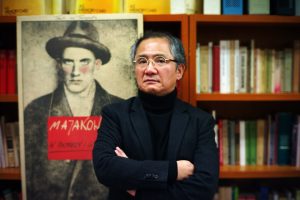 In March Jie-Hyun Lim commenced his term as a fellow at global dis:connect. Welcome.
Jie-Hyun Lim holds the CIPSH Chair of Global Easts and is a founding director of the Critical Global Studies Institute at Sogang University.
At gd:c Jie-Hyun will work on multilingual versions of victimhood nationalism as a conceptual tool to illustrate competing memories of victimhood in the postwar Vergangenheitsbewältigung across Europe and East Asia.
In March Jie-Hyun Lim commenced his term as a fellow at global dis:connect. Welcome.
Jie-Hyun Lim holds the CIPSH Chair of Global Easts and is a founding director of the Critical Global Studies Institute at Sogang University.
At gd:c Jie-Hyun will work on multilingual versions of victimhood nationalism as a conceptual tool to illustrate competing memories of victimhood in the postwar Vergangenheitsbewältigung across Europe and East Asia. 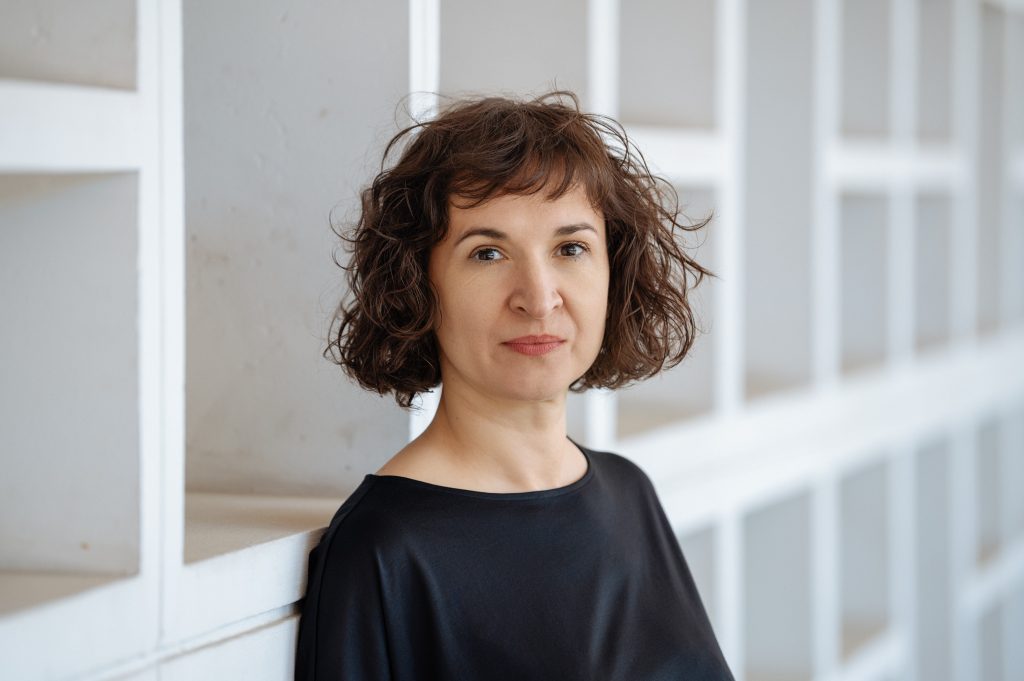
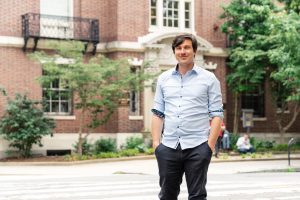 In November Andreas Greiner commenced his term as a associated fellow at global dis:connect. Welcome.
Andreas Greiner is a fellow at the German Historical Institute Washington. He specialises in infrastructure networks and their spatiality and materiality in the 19th and 20th centuries.
At gd:c Andreas is studying intercontinental civil air routes between 1919 and 1947. The project examines the codification of aerospace as well as the diplomatic and economic factors driving intercontinental airway extension.
In November Andreas Greiner commenced his term as a associated fellow at global dis:connect. Welcome.
Andreas Greiner is a fellow at the German Historical Institute Washington. He specialises in infrastructure networks and their spatiality and materiality in the 19th and 20th centuries.
At gd:c Andreas is studying intercontinental civil air routes between 1919 and 1947. The project examines the codification of aerospace as well as the diplomatic and economic factors driving intercontinental airway extension. 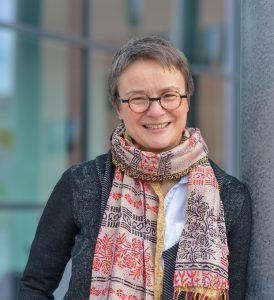 A warm welcome to our new fellow Yvonne Kleinmann who joins global dis:connect in early October.
Yvonne Kleinmann is a professor of Eastern European history and director of the Aleksander Brückner Center for Polish Studies at Halle University
Her project at gd:c, Communicating Constitutions: A Cultural and Entangled History of Poland’s Basic Orders, deals with Polish constitutional history from the 14th century to the present from the angle of cultural history and (transnational) entanglement.
A warm welcome to our new fellow Yvonne Kleinmann who joins global dis:connect in early October.
Yvonne Kleinmann is a professor of Eastern European history and director of the Aleksander Brückner Center for Polish Studies at Halle University
Her project at gd:c, Communicating Constitutions: A Cultural and Entangled History of Poland’s Basic Orders, deals with Polish constitutional history from the 14th century to the present from the angle of cultural history and (transnational) entanglement.
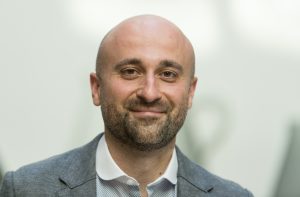 In early October, Matthias Leanza joins global dis:connect as a new fellow. Welcome to Munich, Matthias!
Matthias Leanza is a historical sociologist specialising in empires, colonialism and nation-state formation and is a senior lecturer at the University of Basel.
At global dis:connect Matthias will complete his current book project on the legacy of German colonialism. Drawing on a wide range of sources from European and African archives, the study shows how and why the German overseas empire helped consolidate the nascent German nation-state. Germany soon lost its colonies, but their effects on the country persisted, leaving a complex legacy.
In early October, Matthias Leanza joins global dis:connect as a new fellow. Welcome to Munich, Matthias!
Matthias Leanza is a historical sociologist specialising in empires, colonialism and nation-state formation and is a senior lecturer at the University of Basel.
At global dis:connect Matthias will complete his current book project on the legacy of German colonialism. Drawing on a wide range of sources from European and African archives, the study shows how and why the German overseas empire helped consolidate the nascent German nation-state. Germany soon lost its colonies, but their effects on the country persisted, leaving a complex legacy. 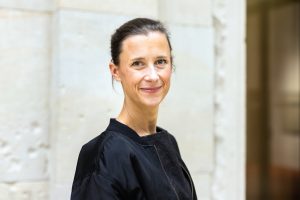 In October Valeska Huber commenced her term as a fellow at global dis:connect. Welcome.
Valeska Huber is a professor at the University of Vienna. She has led an Emmy Noether Research Group and has been a fellow at the German Historical Institute London. She is particularly interested in the mutual interdependence of opening and closure.
During her fellowship at global dis:connect, she will work on a monograph about the 20th-century dream of universal literacy, tracing the Each One Teach One method propagated by US missionary Frank C. Laubach and applied around the globe from the Philippines to Cuba and Brazil.
In October Valeska Huber commenced her term as a fellow at global dis:connect. Welcome.
Valeska Huber is a professor at the University of Vienna. She has led an Emmy Noether Research Group and has been a fellow at the German Historical Institute London. She is particularly interested in the mutual interdependence of opening and closure.
During her fellowship at global dis:connect, she will work on a monograph about the 20th-century dream of universal literacy, tracing the Each One Teach One method propagated by US missionary Frank C. Laubach and applied around the globe from the Philippines to Cuba and Brazil. 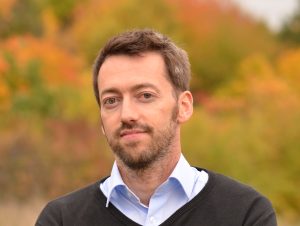 A warm welcome to our new guest Joël Glasman who joins global dis:connect in october.
A warm welcome to our new guest Joël Glasman who joins global dis:connect in october.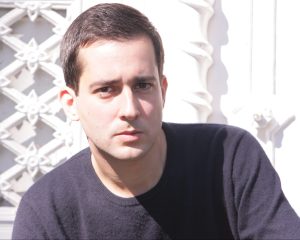 In September David Motadel commenced his term as a fellow at global dis:connect. Welcome.
David Motadel is an associate professor of international history at the LSE. A former Gates Scholar at Cambridge, he has held visiting positions at Harvard, Yale, Oxford, Sciences Po and the Sorbonne.
At gd:c he is working on a global history of Europe’s empires around the Second World War, 1935-1948, exploring the history of the war in the imperial world, its impact on colonial subjects; the history of the colonial soldiers who fought in Europe’s armies; the history of anti-colonial movements during the war, from the Viet Minh to the Quit India movement; and the war’s impact on the end of empire and twentieth-century world order.
In September David Motadel commenced his term as a fellow at global dis:connect. Welcome.
David Motadel is an associate professor of international history at the LSE. A former Gates Scholar at Cambridge, he has held visiting positions at Harvard, Yale, Oxford, Sciences Po and the Sorbonne.
At gd:c he is working on a global history of Europe’s empires around the Second World War, 1935-1948, exploring the history of the war in the imperial world, its impact on colonial subjects; the history of the colonial soldiers who fought in Europe’s armies; the history of anti-colonial movements during the war, from the Viet Minh to the Quit India movement; and the war’s impact on the end of empire and twentieth-century world order.  A warm welcome to our new fellow Günther Sandner who joins global dis:connect in early September.
Günther Sandner is a political scientist and historian. He works as a research fellow at the Institute Vienna Circle (University of Vienna) and teaches civic education extramurally. His research includes the history of logical empiricism and Isotype.
His project at gd:c, Following Isotype: visual languages and universal symbols in the decades after 1945, deals with projects that aimed to overcome the active absence of a universal language and to establish one with the help of pictures, graphics, symbols and pictograms. Its focus is on the 1950s and 1960s.
A warm welcome to our new fellow Günther Sandner who joins global dis:connect in early September.
Günther Sandner is a political scientist and historian. He works as a research fellow at the Institute Vienna Circle (University of Vienna) and teaches civic education extramurally. His research includes the history of logical empiricism and Isotype.
His project at gd:c, Following Isotype: visual languages and universal symbols in the decades after 1945, deals with projects that aimed to overcome the active absence of a universal language and to establish one with the help of pictures, graphics, symbols and pictograms. Its focus is on the 1950s and 1960s.